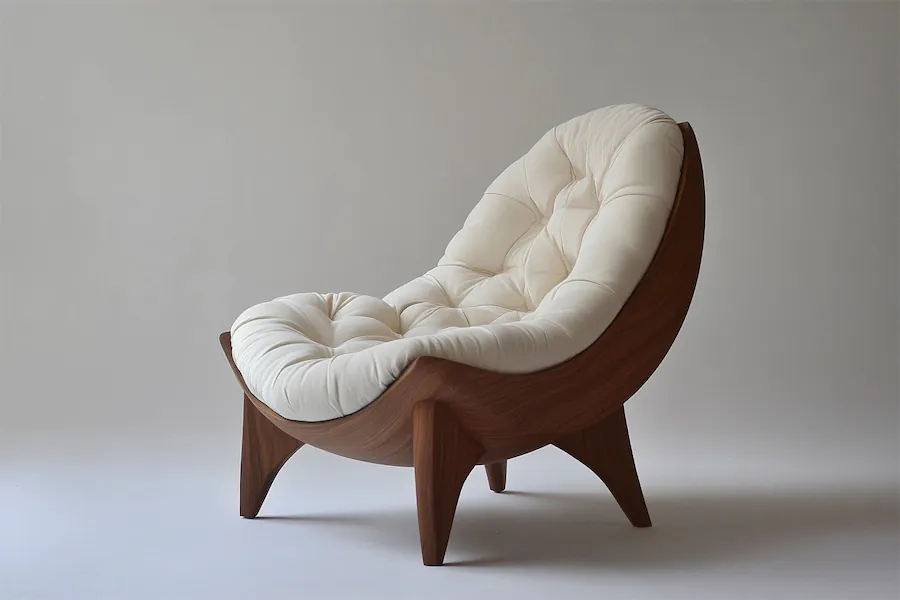Padded chairs, known for their comfort and aesthetic appeal, have evolved significantly over time. This article delves into their history, key features, applications, considerations for selection, and concludes with their relevance in modern interiors.
History and Origins of Padded Chairs
The concept of adding padding to seating surfaces dates back to ancient civilizations. In the Middle Ages, as domestic interiors became more comfortable, upholstery became essential in interior decoration. By the start of the 17th century, chair seats were being padded, though this upholstery was still fairly basic, using materials like sawdust, grass, feathers, or animal hair. It wasn’t until the 18th century that what we now consider “classic” upholstery shapes and techniques flourished, with frames of elegant line and proportion being sympathetically matched by expertly executed upholstery.
Key Features of Padded Chairs
Padded chairs are distinguished by several characteristics:
- Comfort: The primary feature of padded chairs is the cushioning, which provides enhanced comfort compared to non-padded seating.
- Materials: Padding materials have evolved from natural fillings like horsehair and feathers to modern foams and synthetic fibers. Upholstery fabrics range from leather and velvet to contemporary synthetic textiles.
- Design Variations: Padded chairs come in various styles, including armchairs, recliners, dining chairs, and office chairs, each designed to suit specific functions and aesthetics.
Applications of Padded Chairs
Padded chairs are versatile and find applications in various settings:
- Residential Spaces: Used in living rooms, dining areas, and bedrooms to offer comfort and style.
- Offices: Ergonomically designed padded office chairs support prolonged sitting, enhancing productivity and comfort.
- Public Venues: Found in theaters, restaurants, and conference rooms to provide comfortable seating for patrons and attendees.
Considerations When Choosing Padded Chairs
When selecting a padded chair, consider the following factors:
- Ergonomics: Ensure the chair supports good posture, especially if it will be used for extended periods.
- Durability: Look for high-quality materials and construction to withstand regular use.
- Aesthetics: Choose a design and upholstery that complement your interior décor.
- Maintenance: Consider the ease of cleaning and maintaining the upholstery material.
Conclusion
Padded chairs have transitioned from simple, functional seating to integral elements of interior design, offering both comfort and aesthetic value. Understanding their history, features, and applications can guide you in selecting the perfect padded chair to enhance your space.
